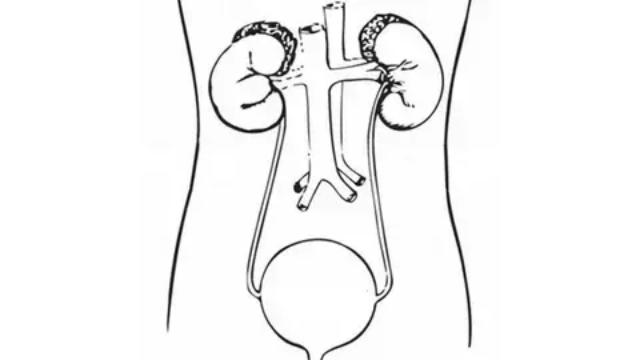Positive interim safety results from an ongoing phase 2 clinical trial (NCT05534646) evaluating carotuximab (ENV-105) in patients with metastatic castration-resistant prostate cancer (mCRPC) indicate that the first-in-class CD105 antagonist was well tolerated when administered in combination with apalutamide (Erleada), a standard-of-care hormone therapy.1 This early safety profile supports the continued development of this novel agent in a patient population with significant unmet medical needs.
PC-3 human prostate cancer cells: © heitipaves – stock.adobe.com
The interim safety data revealed no dose-limiting toxicities (DLTs) or unexpected adverse events (AEs) among the first 10 patients in the study. Treatment-related AEs were reported as manageable with standard supportive care interventions. Notably, the analysis indicated an absence of grade 3 or 4 toxicities, suggesting a favorable tolerability profile for carotuximab in this challenging patient cohort. These findings are crucial for advancing novel therapies, particularly in a disease context where patients often have compromised health status due to prior treatments and disease progression.
“The favorable safety profile observed in this phase 2 study is encouraging, as it validates our belief in carotuximab’s clinical potential and supports continued development in a patient population with limited effective treatment options,” said John Yu, MD, CEO of Kairos Pharma, in a press release.
Prostate cancer remains a significant global health burden, with approximately 1 million patients diagnosed annually in the United States alone and millions more worldwide. A critical challenge in managing advanced prostate cancer is the development of resistance to existing hormone therapies, leading to castration-resistant disease. For patients whose disease has progressed following standard hormone-based treatments, therapeutic options are often limited, highlighting a growing unmet need, particularly within an increasingly aging population.
Carotuximab, by targeting CD105, aims to offer a new mechanism of action to address this resistance. CD105, also known as endoglin, is a cell surface glycoprotein that plays a crucial role in angiogenesis, the formation of new blood vessels that supply tumors. By antagonizing CD105, carotuximab is hypothesized to inhibit tumor angiogenesis and potentially enhance the efficacy of co-administered therapies.
The ongoing randomized phase 2 trial is designed to enroll a total of 100 patients.2 The study is actively accruing patients at City of Hope and Cedars-Sinai Medical Center, both in California, and the Huntsman Cancer Institute and Hospital at the University of Utah in Salt Lake City. The primary end points of the trial are to evaluate the safety and tolerability of carotuximab, as well as to assess early signs of efficacy in patients whose mCRPC has progressed after previous hormone-based therapies.
Looking ahead, Kairos Pharma anticipates reporting interim efficacy data from the trial in September 2025.1 The company plans to engage with regulatory agencies to discuss the design of a potential pivotal phase 3 study, contingent upon the emerging data from the current trial. This strategic approach reflects a commitment to expediting the development of carotuximab to potentially provide a safe and effective therapeutic alternative for patients facing advanced, treatment-resistant prostate cancer.
